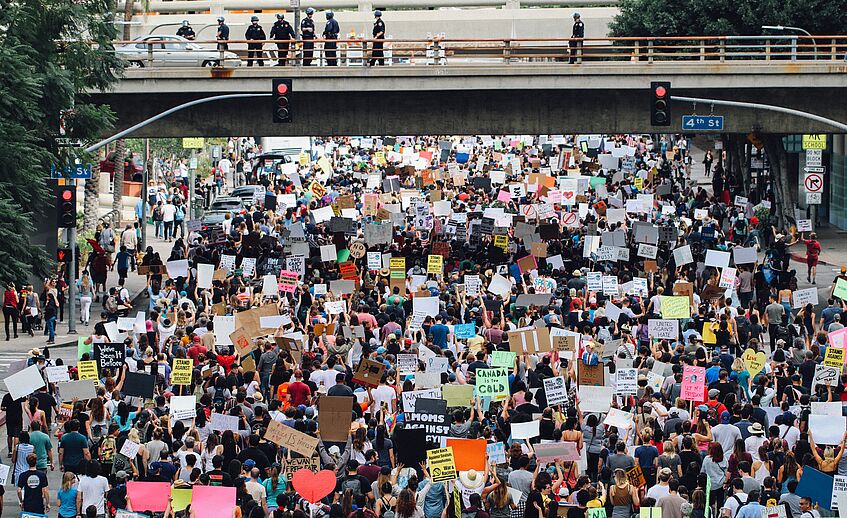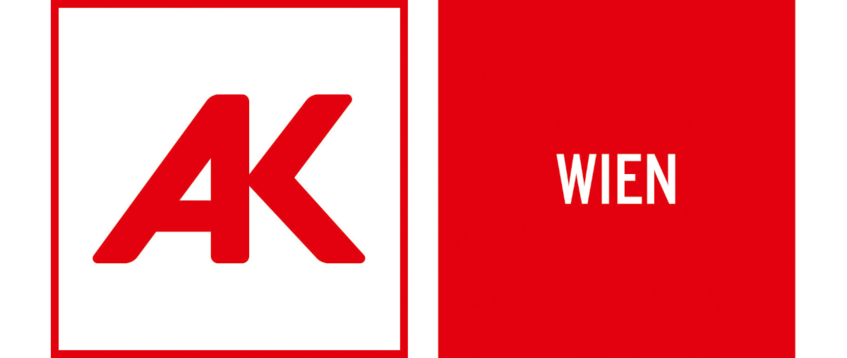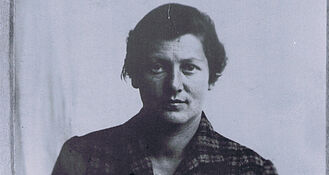
Foto von unsplash/@alexradelich
Date: Monday, July 8th - Friday, July 12th, 2024
Crises, justice, democracy
Societies in Europe and across the world are increasingly under strain: rising inequalities, global instability, and dramatic state action to mitigate the effects of the pandemic, climate crisis, energy crises, security crises, and many others. These events exacerbate existing inequalities or create new ones. Yet how are crises experienced, narrated, anticipated, and remembered? How does that influence the ways we address them? And how do societal inequalities and social, political, and gender orders create crisis perceptions and perpetuate them?
This summer school offers a multidisciplinary perspective on crisis in the social sciences, drawing on sociology and insights from political science, International Relations, history, and anthropology. It will specifically explore why some processes are constructed as “crisis processes”, while others remain rather subtle, “under the radar”. We will also focus on the multiple actors shaping how crises are understood and addressed in current societies. We will highlight how some groups in society achieve to popularise their interpretation of the crisis, while others do not. We ask how different social groups understand crisis events by mobilising existing moral frameworks of justice, and what the implications are for democracy. We look at policy actors, media, social movements, and activists as well as at “polarisation entrepreneurs” who use crises to turn them into socially divisive outcomes. We will discuss which of these actors are perceived in the public debate as rational, democratic actors, and which are deemed irrational, and unreasonable, and with what consequences.
- How do processes of framing and narrating crises, of assigning salience and meaning to these events, work; and how can we understand them better?
- Which actors play a role in shaping our understanding of crises? Which actors are omitted, marginalized and why?
- What is the role and the meaning of legitimacy in a crisis context? How do popular ideas of justice mobilise what are seen as legitimate crisis responses?
In a week of exchange and collaboration, we look for responses to these issues and invite contributions from all academic disciplines. The Summer School is open for early-stage academics (predoc, postdoc) from various disciplinary contexts, who will be given the opportunity to present and discuss their work with peers and specialists in depth.
The Marie Jahoda Summer School 2024 is organized by and will take place at the Institute for Sociology, University of Vienna. A total of 6 ECTS points are awarded for the participation.
Topics
- Keynote (Prof Jeffrey C. Alexander, Yale University)
- Crises and their framing (Dr Julia Sachseder, Central European University)
- Crises and micro-macro dynamics of polarization (Dr Matthias Revers, University of Leeds/Hamburg University)
- Emotions and inequality (Dr Nina Margies, HU Berlin)
- Crises of democracy and activism (Dr Felix Butzlaff, Central European University)
Application
The Marie Jahoda Summer School is open to 20 young scholars, primarily to PhD candidates and early-stage post-doctoral researchers from humanities and social sciences. We expect every participant to attend all the sessions of the summer school, present their research, and actively engage with the presentation of their colleagues and peers.
To apply to the summer school, please submit the following documents by 15th April 2024 via email to mariejahoda.summerschool@univie.ac.at.
- CV (max. 2 pages)
- Short description of your research/ dissertation project (max. 2 pages)
The applicants will be informed of the faculty’s decision by 20th April 2024.
In preparation for the summer school, we ask all participants to submit their papers/chapters in progress by 20th June 2024.
Finance
The participation fee is 150 euros. Travel and accommodation costs have to be covered by the participants.
Organizers
Dr Till Hilmar
Dr Dagmar Vorlíček
Univ.-Prof. Dr. Anna Durnova
The summer school is kindly supported by the Arbeiterkammer Wien


